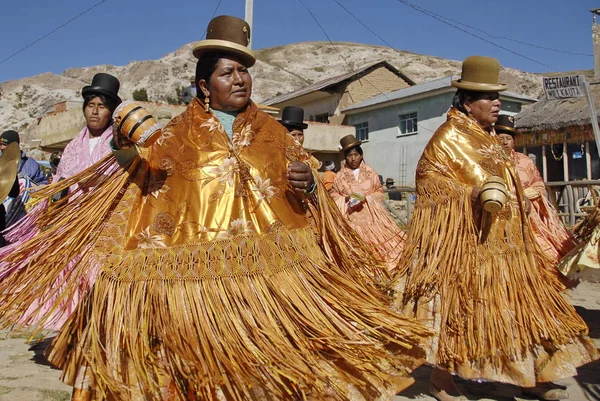Chronos, Kairos and Aion are the three deities of time, events and epic destinies. Here is the multi-religious and multicultural calendar!
Find us on our website Mythology and Legend, on Facebook and on instagram !

The schedule in brief from D-2 to D+5
- July 5, 2024, : Tynwald Festival
- 6 July 2024, Every day: Mindaugas
- 7 July 2024, Daily: San Fermín Festivities
- July 8, 2024, : Saint Peter and Saint Fevronia
- 9 July 2024, Every day: Aude the Very Wise
- July 9, 2024, : Nunavut Day
- July 9, 2024, : Our Lady of Peace
- July 11, 2024, : Benedict of Nursia
- 12 July 2024, Tous les jours: Olivier Plunket
- 12 July 2024, Tous les jours: Twelfth
The complete interactive calendar
Semaine du 2024-05-27
May 27, 2024 (1 event)
May 27, 2024

Today, Peruvians celebrate their mother tongue. Before the conquest of America in the territory of Tahuantinsuyo the official language was Quechua; but there were also local languages like Aymara in the south of the country, Uro around Lake Titicaca, Culle and Muchick in the northern region of Peru. #mythology #myth #legend #calendar #May 27 #Peru #Quechua #Aymara #Uro #Culle #Muchick
May 30, 2024 (1 event)
May 30, 2024

Today, Christians celebrate Corpus Christi or Corpus Christi. It is an essentially Catholic religious holiday designated on the Thursday following Trinity, that is to say sixty days after Easter, or the Sunday after in certain countries such as France. #mythology #myth #legend #calendar #Christianity #FeastGod #CorpusChristi
May 31, 2024 (1 event)
May 31, 2024

Today, Christians celebrate the visitation of the Virgin Mary. The feast of the Visitation commemorates an episode from the Gospel according to Luke: the visit that Mary, pregnant with Christ, pays to her cousin Elizabeth, pregnant with John the Baptist. #mythology #myth #legend #calendar #Virgin Mary #May 31
Multicultural and multi-religious almanac
An almanac is a calendar showing the main dates of the calendar, the religious holidays, bearing ephemerides such as the phases of the moon or the duration of the days (lunar and solar calendars).
A calendar is a system for marking dates according to time. Such a system was invented by men to divide and organize time over long periods. The observation of the periodic phenomena of the environment in which they lived — such as the daily movement of the shadow, the return of the seasons or the lunar cycle — served as the first references for organizing the agricultural, social and religious life of societies.
The calendar used today in most of the world is the Gregorian calendar. In everyday language, an ephemeris designates what happens daily; the ephemeris of the day is the list of the significant events of this day.